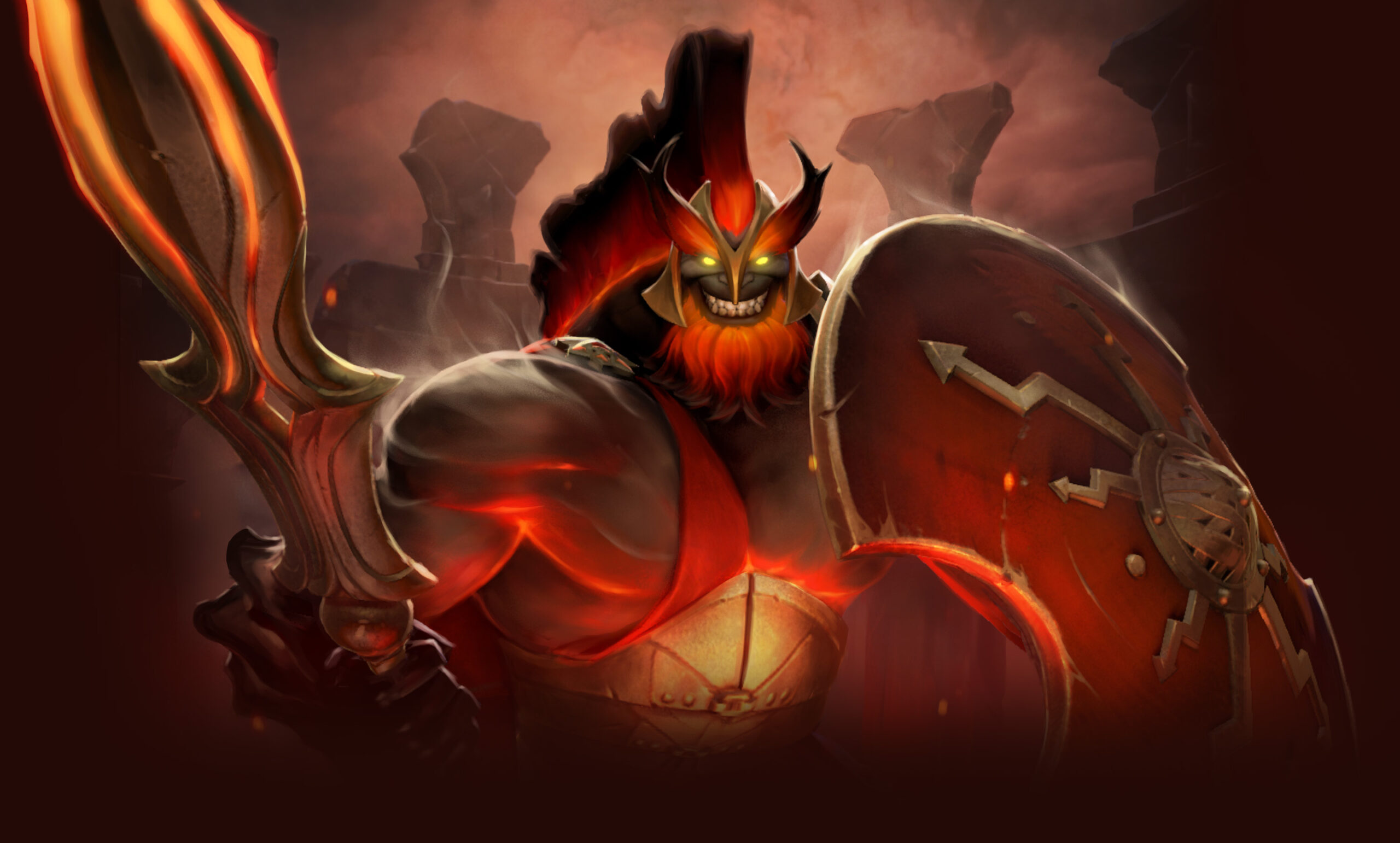When we pay attention, really pay attention to what’s going on with us then we discover something very interesting. What we discover is that what’s going on hasn’t actually got anything to do with us – it’s happening, but we not making it happen in the way that we might have thought we were. What we see is that everything we think we’re doing ‘on purpose’ is actually spontaneous, which is to say, it’s happening all by itself…
This – although we may not fully appreciate it at first – turns out to be the most radically revolutionary discovery ever. Nothing can top this. Although the word ‘spontaneous’ sound nice and has pleasant connotations (because we’d all like to be a bit more spontaneous and a little less ‘deliberate’) it nevertheless undermines everything we believe in. It pulls the rug away from under us big time; it takes away at one stroke everything we rely on.
Suppose that I am paying attention to something that I am purposefully thinking or saying or doing. To start off with – before I look into it too much – there is ‘the illusion of purposefulness’. There’s no need for us to spend too much time describing what this is like because we all know what it’s it very well. We know the realm of purposefulness as well as we know ourselves (or at least, as well as we think we know ourselves). Basically, I feel that ‘it’s me making the thing happen’ –this is purposefulness in a nutshell. “What are doing?” someone asks. “I’m doing the thing…” you glibly reply.
When we actually pay attention however to what’s happening when we perform a purposeful act we always discover something strange. We inevitably discover something strange – there’s nothing else there to discover but this strange thing. It’s always there waiting for us to discover it. What we discover – not to put too fine a point on it – is that ‘everything just happens’. It happens all by itself. This is the revelation, simple as it may sound.
Everything just happens. We live in a world where everything just happens – there’s no other world to live in! There is no compulsion, no causation anywhere. Everything just happens – everything just ‘does itself’. When we genuinely pay attention – instead of getting caught up in the illusions that the mind is creating for us – this is what we see. The world ‘just happens’ and so too does our seeing of the world!
Suppose we make a decision to do something – to lean over and pick up a book from the table, for example. What we notice is that the decision to pick up the book spontaneously happens – it’s a decision but it’s a spontaneous decision! We don’t ‘decide to decide’ – that would be a glitch in the process, that would unfailingly snarl everything up. We just decide, it’s as simple as that. The ‘deciding’ just happens, the same as everything else in this world just happens. Following on from the spontaneous act of deciding we may have the experience of ‘someone deliberately doing something’ but if we trace the process back upstream we can see that it all stems from the original spontaneous occurrence.
If we go far enough back upstream we will always find out that there is no ‘causer’ anywhere, that there are no ‘causes’. This is the nature of things. We are of course very fond of coming out with such inane statements as “God created the world” and thinking that we have actually said something meaningful. Or these days we might perhaps be inclined to say that “The Big Bang created the world” and derive satisfaction from this apparently profound statement instead. Again, we think that we’ve actually said something! Tacitly recognizing the rules of the particular game that we are playing, we make sure never to ask “What created God?” or “What caused the Big Bang?” We know not to do that because that just goes on forever…
If you happen to have a passing familiarity with modern physics you might wish to act the smart guy and reply that “A quantum fluctuation created the Big Bang” but this isn’t really answering anything either because quantum fluctuations are by their very nature random, or causeless. When we have to concede that something ‘happened randomly’ that might sound scientific but it’s really just another way of saying ‘it just happened’! Everything is just a quantum fluctuation, when we look into it. It’s all just quantum fluctuations; everything ‘arises mysteriously’, no matter what we might like to think that science ‘proves’. All events are mysterious; all events (ultimately) are without causation, when you trace them back…
If we watch carefully therefore, what we see is that even when we ‘choose’ (or ‘decide’) to do something this choosing, this deciding, just happens in the same way that everything else ‘just happens’. This is the discovery that we make. All things happen in the same way and it’s a spontaneous way – there might be the illusion of causality (or purposefulness) but because everything is embedded in spontaneity it doesn’t really hold up to scrutiny. So when we watch ourselves choosing or watch ourselves deciding we can see that there’s no one there who has to make it happen. There’s no need for there to be someone there to ‘make it happen’. That would be like saying that someone needs to make life happen, or make the universe happen. Everything is ‘all of one piece’ after all and no little acts of choice are needed in order to ‘help things along’ any more than the one Big Act Of Choice (i.e. that there be something rather than nothing) is.
This is to say of course that we don’t get caught up sometimes in taking too much responsibility for making something happen, and making sure moreover that it happens in the right way rather than the wrong way. This of course happens a lot! This is what happens when we take ‘the illusion of purposefulness’ too seriously; it’s what happens when we ‘take on too much responsibility’ in other words. We think we have to do it all ourselves and by thinking this we completely cut ourselves off from the spontaneous root of everything. This is what anxiety comes down to – anxiety is what happens when we take the illusion of the purposeful self too seriously…
When we push purposefulness too far we always run into trouble. Things get very rough when we put too much emphasis on the importance of choosing (or ‘making the right choice’) and the reason for this is that we are insisting on an illusion being real. To ‘do something on purpose’ is an illusion and is for this reason best treated gently – if we lean on it too heavily, if we freight it with too much importance then we’re going to find ourselves plunged into a full-blown neurotic hell-world. We get caught up in a glitched or twisted reality. Our too-literal understanding of purposefulness is going to backfire on us; it’s going to explode in our face in the most painful possible way.
‘Doing something on purpose’ is impossible and this is the less we learn – however reluctantly – in neurosis. As Alan Watts says, being overly purposeful always leads us into an infinite regress – when ‘choosing’ becomes a really serious thing then life turns into a disaster; it’s ‘choosing’ all the way in this case which means that before we can choose we first have to ‘choose to choose’, and so on. Before we decide on anything we first have to ‘decide to decide’ and before we can do that we have to ‘decide to decide to decide’… When we seriously try to follow through with this therefore we find that we can’t – it just won’t work for us and the more we try to get it to work the more of a nightmare we find ourselves embroiled in…
In practice however – thankfully! – ‘choosing to choose’ or ‘deciding to decide’ isn’t necessary. When we ‘intend to do something’ this just happens by itself, perfectly smoothly and without any straining. If you have to strain in life then you’re going wrong! When we are able to retain consciousness in everyday life, without falling into the mind-created illusion that we’re ‘making things happen’ (with our will, with our intention) then we can see very clearly that everything is happening perfectly well all by itself. It’s like watching a dream unfold.
There is something very beautiful and very peaceful about watching the dream unfold. There is a very great beauty to it – a haunting beauty. This being the case, why (we might ask) are we so steadfastly opposed to allowing ourselves to see this beauty? Why is it taboo for us – why do we have to insist that everything has to be caused to happen? Why do we insist in the way that we do that everything has to be made to happen, compelled to happen, forced to happen? Where do we get this appalling attitude from? Why this bizarre and ungainly obsession with purposefulness?
There is no beauty in the world of cause and effect, no peace in the purposeful realm. There’s no peace when we’re trying to enact our purpose (because we can’t relax until we’ve achieved it) and there’s no peace when we have achieved it either, because all that we’ve done here is to distort everything in an unnatural and unsustainable way! In short, there is no grace in the purposeful world, no music. We all know this well enough but we just don’t focus on it. We make a point of not focussing on it, because it’s unbearable if we do. We make the sacrifice, we do without the music because that music takes us down a road that we really don’t want to explore. We have a ‘practical’ reason for not wanting to watch the dream unfold and that has to do with what we feel we will lose by allowing ourselves to catch sight of the beauty that is in it.
The impossibility of not really being able to ‘do anything about anything’ tells us something that we don’t want to know. On the other hand, the feeling (however deceptive) that we can choose our own outcomes (indeed, that very often we have to choose) tells us that we exist. That’s how we know that we exist – because of the constant pressure we feel to do this or do that, choose this or choose that. This is the function of a game – by putting us under constant non-negotiable pressure to ‘win rather than lose’ the game compels us to believe in our existence (within the unreal terms given to us by that game, that is).
When we believe in the necessity to perform purposeful acts then we also believe in the one who is performing these acts. We believe in the chooser, the decider, the controller, the intender. We believe in the compelling fiction of the purposeful self. The illusion that there is such a self is created by our unreflective belief in purposefulness (and by our ignoring of spontaneity) – we are generating and reinforcing this erroneous perception all the time because we are so hooked into the myth of purposefulness. We don’t ever want to stop our ‘headlong unreflective rush’ in life because the moment we do this (i.e. the moment we start to ‘look into things a little more deeply’) is also the moment that the whole illusion starts to unravel…
Image – Dream:scape







Jeffrey Shampnois
Very nice! When there’s no pressure of purpose, spontaneity is intelligence. And intelligence, among a million others ways to describe it, is the perception of responsibility. Not as a moral weight or duty, but as a sense of connection and empathy. When there is the pressure of purpose, spontaneity gets dumbed down into “reflex” and “compulsion.” Beautiful. Got it. They’re still spontaneous actions, but reflex and compulsion erupt from a smaller world, that game world you talk about, which arbitrarily (spontaeously) limits the range of motion of intelligence to arbitrary (spontaneous) rules.
Here I’ve recently been calling Purposefulness “the work ethic.” Should appear in Counterpunch later this week.
Nick Williams
Yes this is a case of ‘hijacking on a cosmic scale’ I guess you could say because everything that starts of wholesome and honest and innocent ends up being turned into a sham of itself, a malign process that happens because of the way in which the impulse is ‘pressurized’ to be what it already is! There is a good Alan Watts quote on this regarding the nature of society but I can’t remember it right now! What a horror story….
I just read the article you wrote in Counterpunch, which is great. I will add a link to it – https://www.counterpunch.org/2018/06/08/the-radical-derelict-giving-up-the-work-ethic-for-peace/